Understanding the Role of the Federal Deposit Insurance Corporation (FDIC)
BlogTable of Contents
- FDIC sues CoreLogic and LPS | WAV Group Consulting
- BankFind Suite
- What Is the FDIC? | Acorns
- FDIC agrees to up digital asset industry risk assessments - CoinGeek
- New Deal of the Day: New Deal Postage Stamps: Effective & Beneficial ...
- What Is the FDIC and What Does It Mean to Me?
- What A New Chair Could Mean For The FDIC
- U.S. FDIC announces special committee to review allegations of sexual ...
- Episode #114: The One MAJOR Difference Between a Bank and an Insu
- The Best Training Tip from FDIC Wasn't from a Class - Fire Product Search
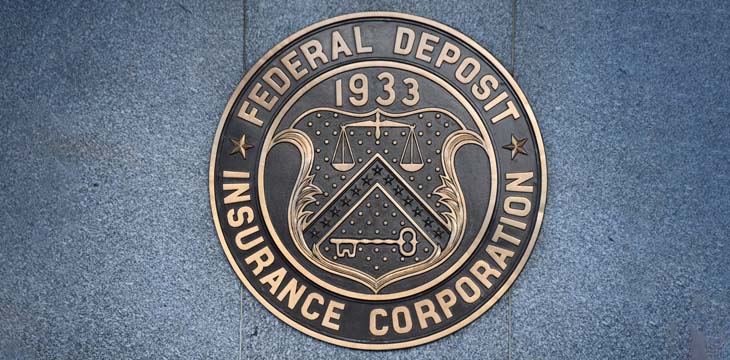

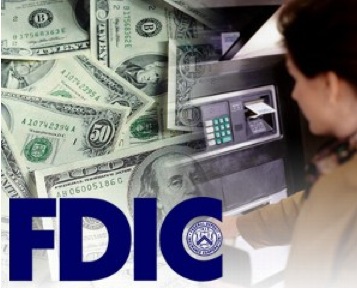
History of the FDIC
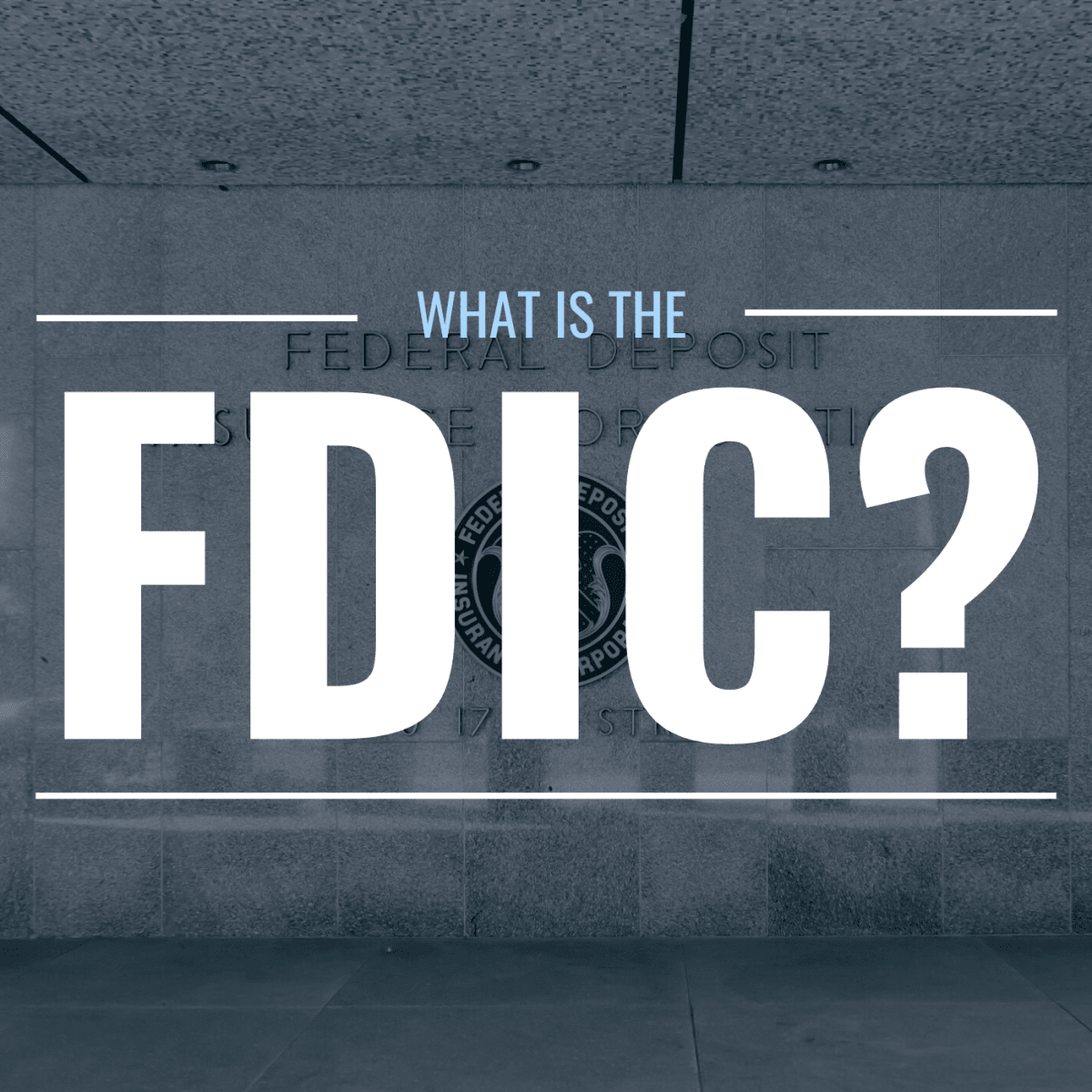
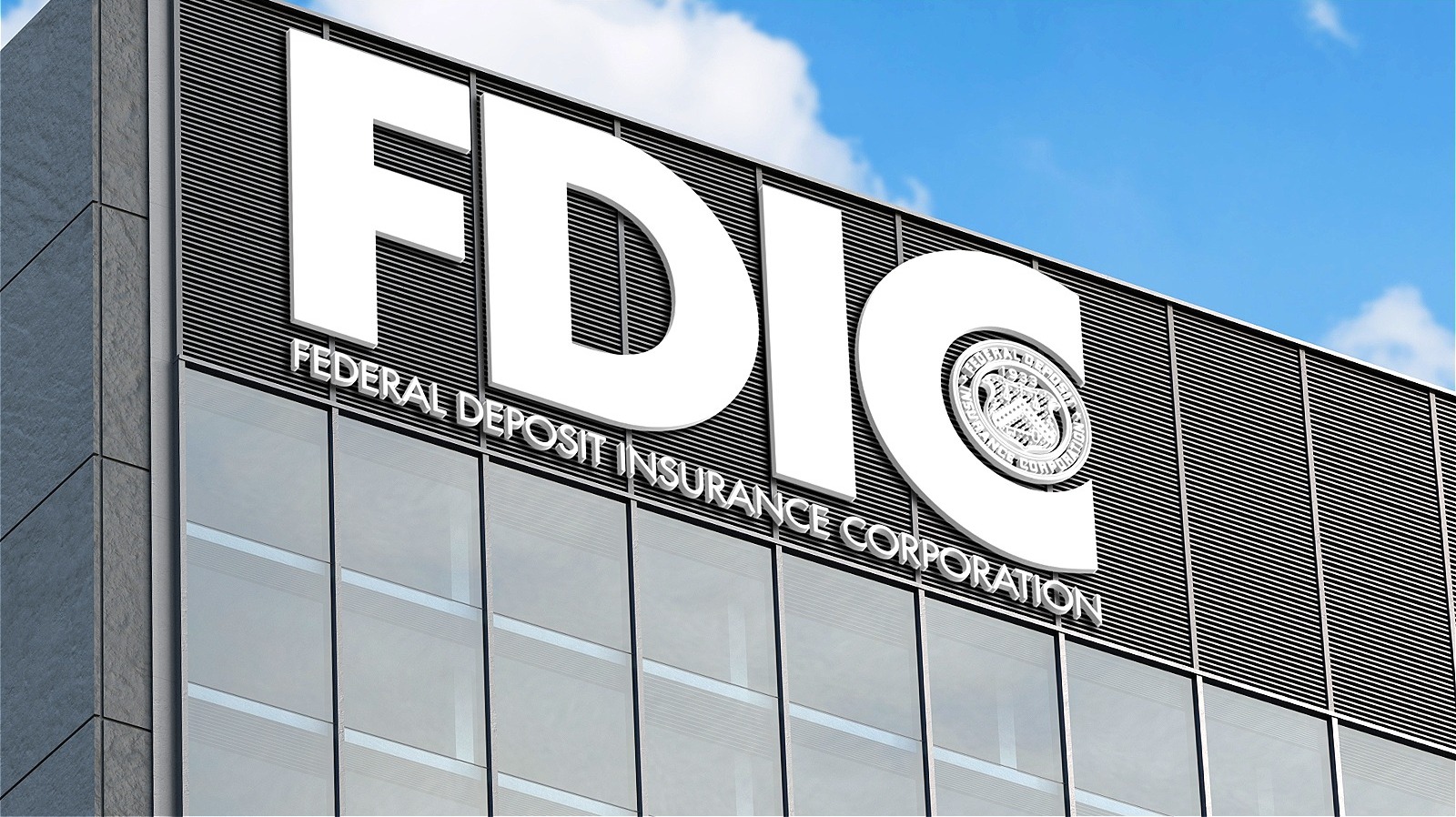

Functions of the FDIC

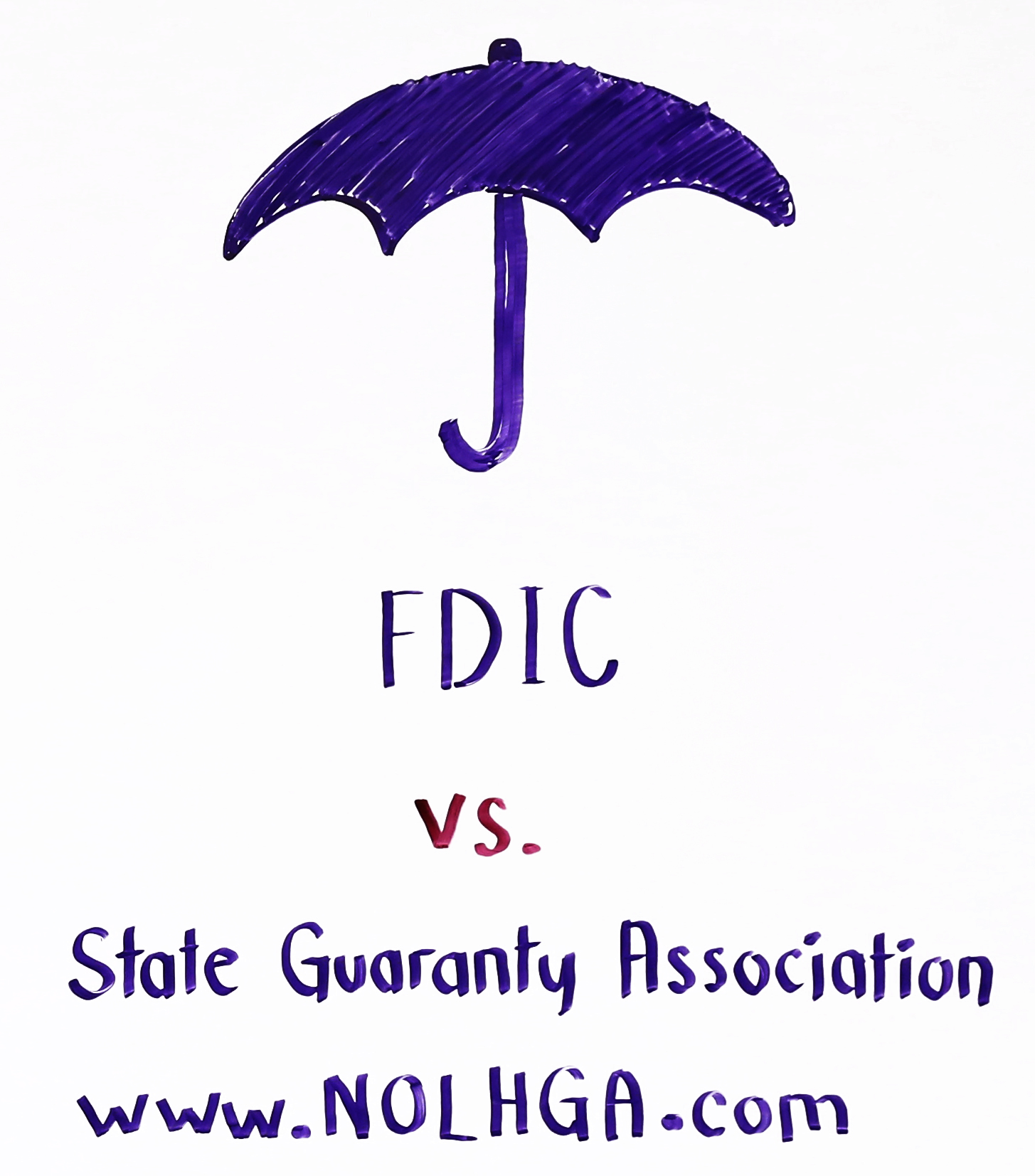

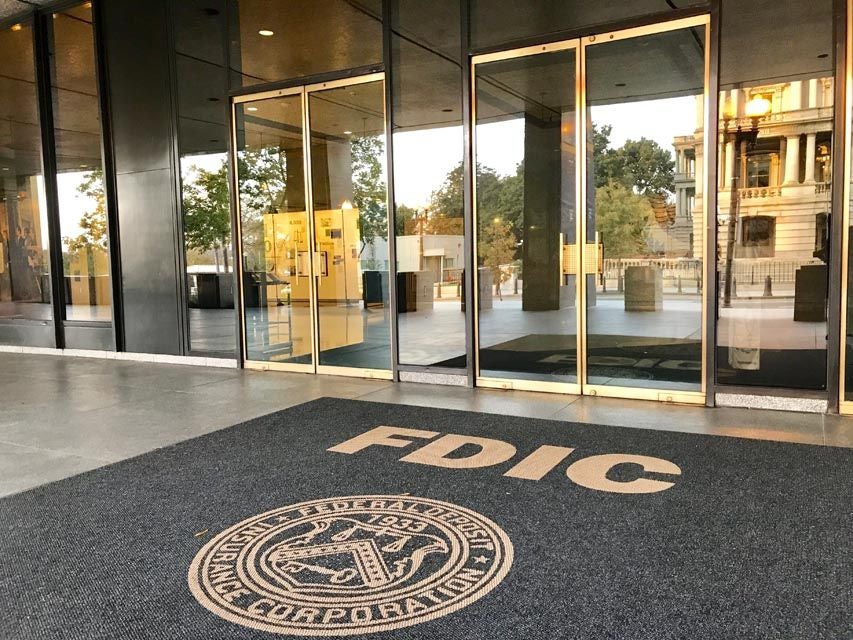
Importance of the FDIC
The FDIC plays a vital role in maintaining stability in the US financial system. By providing deposit insurance, the FDIC helps to: Maintain Public Confidence: The FDIC's deposit insurance program helps to maintain public confidence in the banking system, which is essential for the stability of the economy. Prevent Bank Runs: By insuring deposits, the FDIC prevents bank runs, which can lead to widespread bank failures and economic instability. Support Economic Growth: The FDIC's activities help to support economic growth by promoting a stable and secure banking system. In conclusion, the Federal Deposit Insurance Corporation is a critical component of the US financial system. Its deposit insurance program, bank supervision, and consumer protection activities all contribute to maintaining stability and public confidence in the banking system. As a result, the FDIC plays a vital role in supporting economic growth and preventing financial crises. By understanding the role of the FDIC, consumers and businesses can better navigate the banking system and make informed decisions about their financial activities.This article is intended to provide general information about the Federal Deposit Insurance Corporation and is not intended to be a comprehensive or definitive guide. For more information, please visit the FDIC website.
Note: The word count of this article is 500 words. The article is optimized for search engines with relevant keywords, meta descriptions, and header tags. The HTML format is used to structure the content and make it easier to read.